The year started fairly quiet and then it all took off. There is more to come on the international student story but the big news at the end of the week was the OfS financial sustainability report (which is linked of course, to the international student story). A report on skills and LLE suggests we need to get better at credit recognition (now where have we heard that before? Gavin Williamson wrote to the OfS about making it a priority in February 2021 but I don’t recall anything happening – there were other things going on at that point).
All change in Parliament
According to the Institute for Government, as of 9 May 2024, 104 MPs have announced that they will not stand again at the next general election
- 64 Conservative
- 19 Labour
- 9 SNP
- 8 Independent
- 2 Sinn Fein
- 1 Green
- 1 Plaid Cymru
Research misconduct
The UK Research Integrity Office has released a report about the barriers to investigating and reporting research misconduct.
There are three themes:
- the need for every actor involved to have clarity on the relevant procedures and processes;
- confidence that these procedures will be followed (and the relevant parties have the appropriate skills, resources and information to do so);
- and wider shifts in research culture which destigmatises research misconduct, promotes transparency, and ensures the task at hand – to uphold the research record – remains at the heart of investigating and reporting efforts.
The report makes four proposals:
- The adoption of standardised requirements and procedures detailing how allegations of research misconduct are investigated and reported
- Professional research misconduct investigation training for all sectors undertaking research
- A flagging system that promotes transparency, destigmatises allegations of research misconduct, and normalises early raising of concerns
- National infrastructure to collect and report on research misconduct cases annually
Education
Skills Commission report
The Policy Connect Skills Commission report is out. Perhaps not surprisingly, it calls for long term joined up thinking and associated funding. The most interesting recommendation for HE, apart from the strategic approach in the first two recommendations, which includes devolving spending for adult skills to regional authorities, is the last one, which is a working group on cross-provider credit recognition in HE to support modular and lifelong learning.
- Recommendation 1: The Government should develop a national skills strategy that is embedded within a wider industrial strategy. It should create a Skills and Workforce Council, a non-departmental public body at arm’s length from government, to oversee the delivery of the strategy’s goals.
- Recommendation 2: The Government should provide Mayoral Combined Authorities and other regional authorities with “no-strings-attached” funding settlements for adult skills and an enhanced set of powers to shape skills provision in their area.
- FE:
- Recommendation 3: Further Education colleges should receive multi-year funding settlements of 2+ years from the Education and Skills Funding Agency or, where applicable, their regional authority.
- Recommendation 4: The Department for Education should deliver a new Further Education Workforce Strategy.
- Recommendation 6: The Department for Education should extend the Pupil Premium Plus to looked after children and care leavers aged 16-19 in Further Education, building on the successful pilot programme.
- Apprenticeships
- Recommendation 5: The Government should enact a multi-pronged strategy to address the financial and educational barriers that 16-19-year-olds face when seeking to take up and complete an apprenticeship. The strategy to help young apprentices should involve:
- Encouraging and supporting all regional authorities to introduce free travel.
- The Department for Work and Pensions (DWP) exempting them from earnings-based reductions in Universal Credit and Child Benefit payments.
- Providing a VAT exemption for their equipment purchases.
- Providing them access to the maintenance loan system.
- The Department for Education developing an alternative to maths & English exit requirements.
- Recommendation 7: To increase investment in skills, all Apprenticeship Levy funding should be allocated to training and not be retained by the Treasury.
- Recommendation 8: The Government should reform the Apprenticeship Levy. Employers should have greater flexibility to use funds for a range of high-quality training. Part of the levy should be ringfenced to promote entry-level talent in the workforce.
- Lifelong learning
- Recommendation 9: The Government should launch a new lifelong learning initiative that supports the “right to retrain”
- Recommendation 10: The Department for Education should develop the digital infrastructure to underpin life-long learning. Each learner should have access to a personalised digital environment including a skills account and passport
- Recommendation 11: The Higher Education Minister should lead a working group on cross-provider credit recognition within the higher education sector. The group should include senior figures from the sector and the Quality Assurance Agency (QAA)
Student complaints: OIA annual report
The next sections of this update include doom and gloom about financial sustainability and more worry about limits on international students, which would make the situation worse. However, in this context it is helpful to have a reminder about student experience. While it is a negative take, because only otherwise unresolved complaints that have exhausted university processes can be taken to the Office of the Independent Adjudicator, their annual report provides a snapshot of where the sector is at.
Summary: complaints are up, mostly driven by complaints by international students. Some stats are set out below. there is lots of useful advice on how to avoid these problems: mainly listening to students, applying processes properly and making sure that policies and communications are clear.
TEF analysis
The Office for Students have published another analysis of the TEF which focuses on strategic approaches to improvements. Findings summarised below. there’s a theme: it’s about impact.
Planning for and implementing success
- … The relationship between mission and values on one hand and the strategic steps taken to improve practices on the other is not always fully articulated. However, the importance of the specific context of each provider type is evident.
- Providers describe a range of operational frameworks employed to effect strategic change. These include frameworks for approaches to teaching, curriculum design and student assessments. It is not always made clear how wide the implementation of these frameworks is across undergraduate provision, and how they are evaluated and adjusted accordingly. In the best examples, frameworks helpfully illustrate changes to practice and their impact is evaluated with reference to internal and external data.
- Some providers have explicitly changed the scope and content of their educational provision during the TEF period, whereas for others there appeared to be more continuity. Where changes had been made, providers typically explained the reasons for them in relation to improved impact on students. Evaluation of that impact, where provided, was helpful.
- Providers all refer to a range of ways in which staff whose roles relate to student education, student experience and student outcomes are developed. Advance HE fellowships play an important role in structuring developmental provision, both for early career staff and with respect to continuing professional development. The relationship between developing staff and addressing challenging areas (for example, particular programmes with poor student satisfaction or outcomes, or in thematic areas such as assessment) is sometimes, but not always, made clear. Findings from evaluating staff development are not always indicated, but within 25 pages it is very difficult to include information of this kind. Some providers highlight new or changed staff roles that have made a demonstrable impact on student experience or outcomes.
- The development of resources, estate and infrastructures has been significant for many providers in the sample. The impact of the global Covid pandemic on practice is frequently noted; the development of digital resources and online infrastructures has been a high priority, resulting in some changes to approaches to teaching and learning. Providers also describe improvements to the built environment, and these accounts of improved learning environments are most effective when their development has been related purposefully to changing modes of teaching and student engagement, and when their impact has been evaluated.
- Providers give strong accounts of the ways in which they are embedding working with students as partners into the life of the organisation. Many providers have moved beyond simply including student representatives on committees, to developing much more comprehensive partnerships with students’ representative bodies. Examples of activities include regular student forums, ‘students as change agents’ initiatives and student ambassador schemes. Most providers also highlight the importance of maintaining and enhancing strong relationships with alumni, who can, for example, act as advisors for programme teams and as mentors for staff or students.
- The importance of partnerships is made clear in many submissions. A range of partnerships is articulated; these may be academic, industry-related or civic. The rationale for the choice of partners is generally clear, and their impact on student experience and outcomes articulated, but more could perhaps be done, even within the page limit, to highlight evaluations of partnerships in relation to impact on students.
Evidencing, rewarding and celebrating success
- Some providers have changed or enhanced their ‘planning and review’ frameworks. Some have adopted Theory of Change principles, which can help to pin down key purposes, actions and approaches to evaluation.
- Providers highlight internal data, both qualitative and quantitative, to illustrate progress made in relation to TEF features. Some providers are very clear about the range of internal data available to them, how it is being gathered, how it has been improved and how key findings have been acted upon. Providers also refer to external datasets, including the published OfS data and other sources of data, for example the International Student Barometer. Providers sometimes helpfully link, compare and analyse data from different sources that relate to similar themes; again, it is difficult to do this at any length within the word limit, but key areas of development can be highlighted briefly.
- Some providers have the capacity to undertake research studies into student education, student experience and student outcomes, which then inform practice. Some also refer briefly to published research from the sector and its relevance to their strategic steps for improvement. Such studies can provide a helpful evidence base for action, and in some cases students become partners in undertaking research, bringing their insights to bear in helpful ways. Smaller providers may benefit from collaborating in this area.
- Many providers have improved their promotion and reward frameworks to improve the status of teaching, innovation and education-focused leadership. These are helpfully outlined, although with varying degrees of clarity with respect to the numbers of staff impacted and the ways in which this may be impacting student experience and outcomes.
- Different approaches are taken to highlighting and promoting successes. Annual awards for staff, some or all of which are voted for by students, are highlighted as providing valuable opportunities to celebrate success and promote innovations and good practice. Providers also highlight institutional awards and rankings. The extent to which these add to the submission can be variable; context and scope of the impact recognised by the awards or rankings can be difficult to ascertain. However, there are many positive examples of promoting and celebrating excellent provision and improvements among and sometimes beyond the provider’s community.
Overall: the TEF submissions provide credible accounts of very high quality and outstanding practices. They are strongest when links are clearly made between the planned steps, the nature and scope or the actions taken, and the evidence of improved student experience or outcomes. The use of Theory of Change principles could be helpful in establishing consistent practices with respect to embedding meaningful evaluation into all identified areas of improvement. These principles, or comparable articulations of logical strategic steps through the planning, action and evaluation process, could both help providers embed evidence-based practice in all areas of development and articulate those approaches even more clearly and succinctly in future TEF submissions.
Post-study work visas
We are expecting some sort of government response this week to last week’s MAC report recommending that the visa should stay as it is and there is visa data from the Home Office out on Thursday. But while we wait there are other things to think about.
The FT has an article on the public perception of international students. Citing a Survation poll:
- A significant consensus emerges in the survey: 57 per cent of people think illegal immigration should be the priority and an even larger majority, 66 per cent, think that the post-study visa should allow international graduates to work in the UK for the two permitted years — or even longer.
- Just 2 per cent thought that restricting the ability of students to stay in the UK and work after their studies would be a good way of tackling high immigration and only 1 per cent want the government to focus on reducing international student numbers. (For comparison, 45 per cent say that blocking small boat arrivals should be the priority.)
On Wonkhe, David Kernohan has asked why there aren’t more home PGT students.
- PGT students (headcount) paying home fees have fallen sharply, from over 200,000 in HESES20 to just over 160,000 in 2023. This could be a decline from a pandemic-era boom, or a result of a high number of vacancies within the high-skill end of the job market, but it also represents bad news for provider incomes.
- There’s a subject aspect to this too. The continuing absence of HESA Student 2022-23 data means we can’t be as precise as I might like, but the most notable decline is in the “D” (classroom-based, non-STEM) subjects – and I’d take an educated guess that much of the decline has been in business courses.
- People who have completed a higher degree report a higher quality of work (a compound measure developed at HESA that includes consideration as to whether a graduate finds their work “meaningful”, whether they are using what they have learned in their studies, and whether what they are doing aligns with future plans). This is variable by subject, but offers a better insight into the wider benefits of postgraduate study (salaries or job types don’t really work when so many take postgraduate courses while already in employment).
And what would Labour do? This from the Evening Standard gives a flavour:
- A Labour government will recognise the “major contribution” made by international students to the UK economy and be led by evidence about its impact on immigration, shadow education secretary Bridget Phillipson said. “International students make a major contribution to our country in economic terms,” she said in an interview with the Standard, pointing to their higher fees feeding into a “cross subsidy” for British students. “Alongside that, the jobs in local communities that are created and the investment that comes – that’s felt in every community right across the country that has a university,” the shadow minister said.
- Ms Phillipson stressed: “We do want to bear down on the very high levels of net migration that we see overall. And we’ll be looking carefully at whatever the Government says in response to the Migration Advisory Committee. “But they have set out some very clear recommendations which are evidence-based, and our approach on international students will be in line with the best available evidence,” she said.
- “The majority of students who come here have a great experience and then return home to their country of origin. And then we build those ties that endure over the long term, our standing in the world, business links.”
OfS annual financial sustainability report
The Office for Students have issued their annual sector financial sustainability report and, no surprise, it makes a grim read. Alongside this there is an insight brief
Some extracts from the main report:
- Overall, providers are forecasting deterioration in the short- to medium-term financial outlook. Their data returns show that the sector’s financial performance was weaker in 2022-23 than in 2021-22, and is expected to decline further in 2023-24, with 40 per cent of providers expecting to be in deficit and an increasing number showing low net cashflow.
- The sector is predicting an improvement in outlook from 2026-27 onwards, however, this position is based on significantly optimistic predictions of student recruitment for the sector as a whole. Our modelling of different recruitment rates suggests that the actual outturn position for the sector in the short and medium term is likely to be even more challenging than providers have forecast and the longer-term recovery they forecast is significantly uncertain. Without the growth assumed in providers’ student recruitment forecasts, our analysis suggests that the recovery providers are anticipating would be reversed and the financial situation would continue to weaken across the period to 2026-27 unless mitigating action is taken
- In aggregate, the forecasts submitted by providers assume growth of 35 per cent in international student entrants and 24 per cent in UK student entrants between 2022-23 and 2026-27. The latest data on undergraduate applications and student sponsor visa applications indicates that there has been an overall decline in student entrants this year, including a significant decline in international students. This contrasts starkly with the sector’s growth forecast at an aggregate level….
- Providers need to be ready to manage this uncertainty. They need to have plans in place to respond proactively if they are not able to achieve their student number targets and to respond to other risks that may be present in their specific context. We know that many are taking action to secure their financial position. While this can involve making difficult decisions, leadership teams are right to take action to ensure their institutions are financially sustainable over the medium to long term and to ensure they can continue to provide a high quality education to students.
- Financial performance and strength vary significantly between providers. However, projections from the sector’s financial data show that an increasing number of providers will need to make significant changes to their funding model in the near future to avoid facing a material risk of closure. We are seeing some strong examples of this in the sector, with providers proactively identifying risk and adapting their operating model to respond to the emerging challenges. Within the information submitted by providers, there are examples of steps to improve efficiency. Many providers have put significant focus on protecting their cashflow, ensuring they are well placed to maintain their viability and are prepared for future financial risks. However, our view is that many providers will need to take additional, or more significant, action to fully respond to the financial risks that the sector is facing. It is important that providers are developing robust and realistic financial plans that incorporate stress testing and contingency planning.
- The growth [over the last few years] in business and management, law and social sciences correlate with those subject areas that are often considered less expensive to deliver, where there is greater demand and where less specialised facilities and equipment are required for students’ learning
On Wonkhe there is a review of what it all means and the four scenarios that the OfS have used to suggest what might happen next.
 Last week we found out that the paper ‘Moral panic, fear, stigma, and discrimination against returnee migrants and Muslim populations in Nepal: analyses of COVID-19 media content’ was published by the Journal of Media Studies [1]. This latest paper is co-authored by Dr. Nirmal Aryal and Dr. Pramod Regmi in the Department of Nursing Sciences, Prof. Edwin van Teijlingen in the Centre for Midwifery & Women’s Health (CMWH), as well as former BU employee Dr. Shovita Dhakal Adhokari. The published paper addresses the effects of COVID-19 stereotyping and so-called ‘othering’ on migrant workers returning home to Nepal is the latest article in a long line of publications by Faculty of Health and Social Sciences (FHSS) academics.
Last week we found out that the paper ‘Moral panic, fear, stigma, and discrimination against returnee migrants and Muslim populations in Nepal: analyses of COVID-19 media content’ was published by the Journal of Media Studies [1]. This latest paper is co-authored by Dr. Nirmal Aryal and Dr. Pramod Regmi in the Department of Nursing Sciences, Prof. Edwin van Teijlingen in the Centre for Midwifery & Women’s Health (CMWH), as well as former BU employee Dr. Shovita Dhakal Adhokari. The published paper addresses the effects of COVID-19 stereotyping and so-called ‘othering’ on migrant workers returning home to Nepal is the latest article in a long line of publications by Faculty of Health and Social Sciences (FHSS) academics.




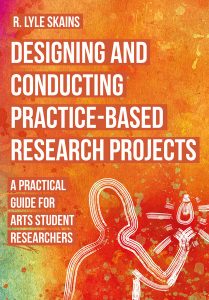
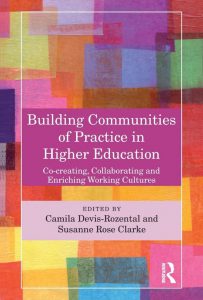


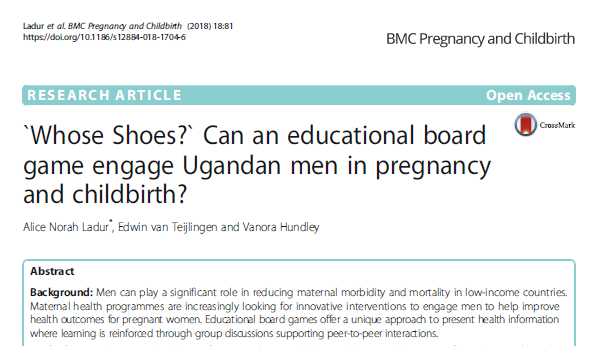


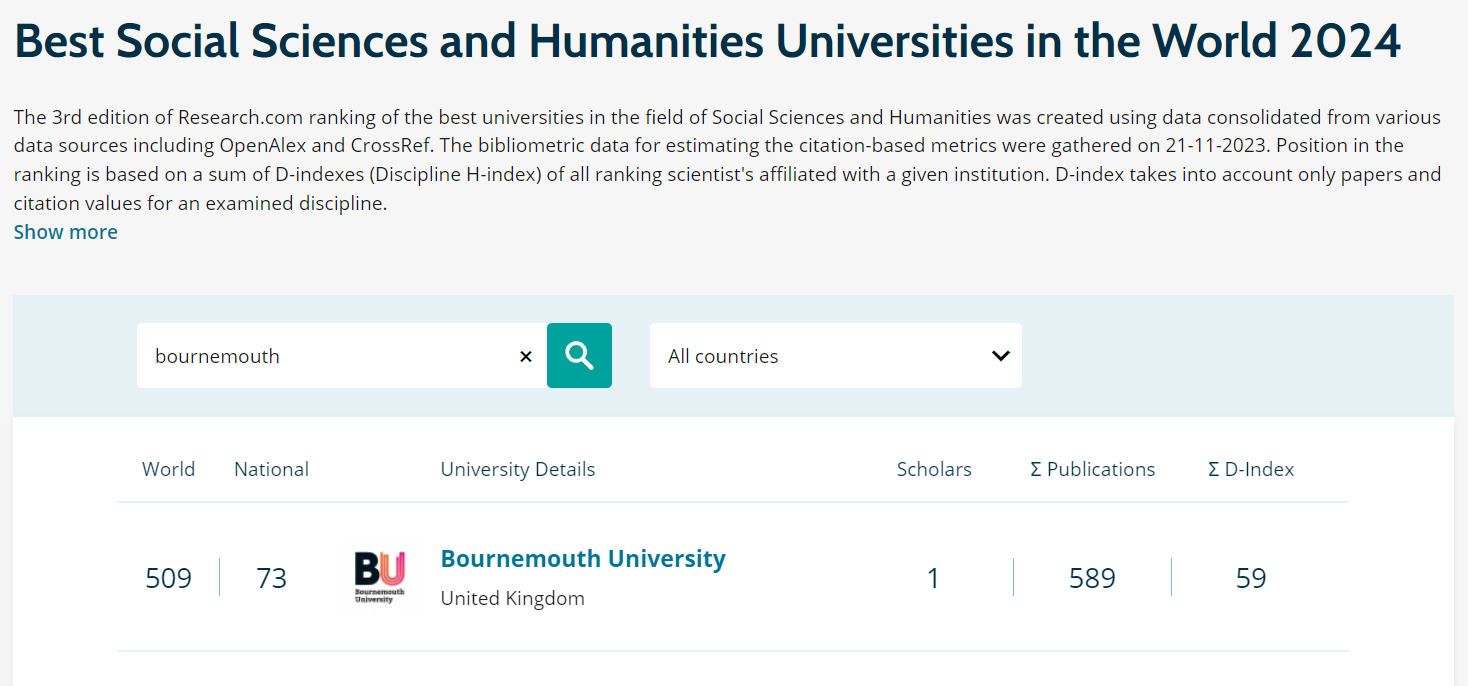
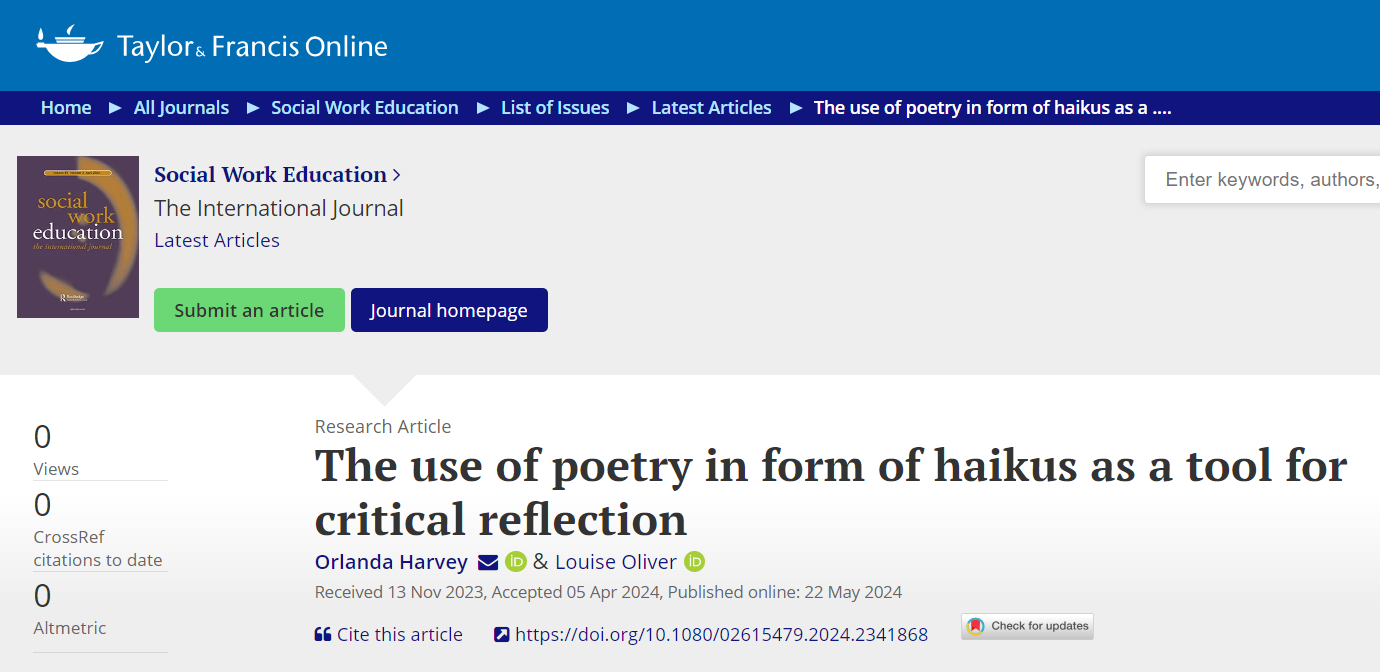



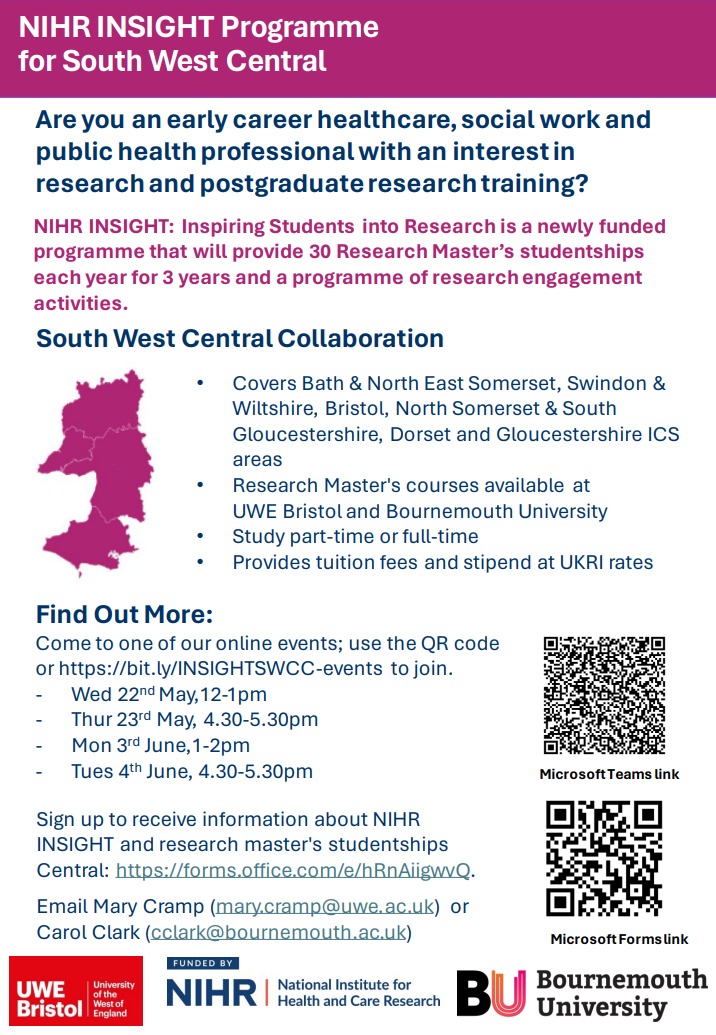


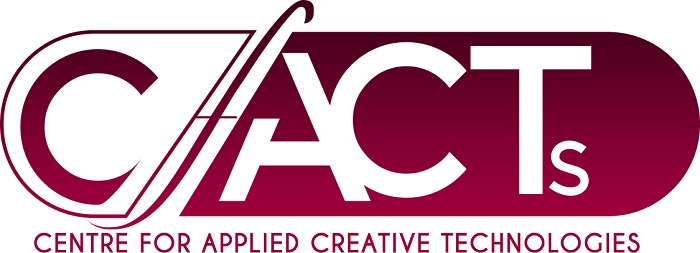











 From Sustainable Research to Sustainable Research Lives: Reflections from the SPROUT Network Event
From Sustainable Research to Sustainable Research Lives: Reflections from the SPROUT Network Event REF Code of Practice consultation is open!
REF Code of Practice consultation is open! BU Leads AI-Driven Work Package in EU Horizon SUSHEAS Project
BU Leads AI-Driven Work Package in EU Horizon SUSHEAS Project ECR Funding Open Call: Research Culture & Community Grant – Apply now
ECR Funding Open Call: Research Culture & Community Grant – Apply now ECR Funding Open Call: Research Culture & Community Grant – Application Deadline Friday 12 December
ECR Funding Open Call: Research Culture & Community Grant – Application Deadline Friday 12 December MSCA Postdoctoral Fellowships 2025 Call
MSCA Postdoctoral Fellowships 2025 Call ERC Advanced Grant 2025 Webinar
ERC Advanced Grant 2025 Webinar Update on UKRO services
Update on UKRO services European research project exploring use of ‘virtual twins’ to better manage metabolic associated fatty liver disease
European research project exploring use of ‘virtual twins’ to better manage metabolic associated fatty liver disease